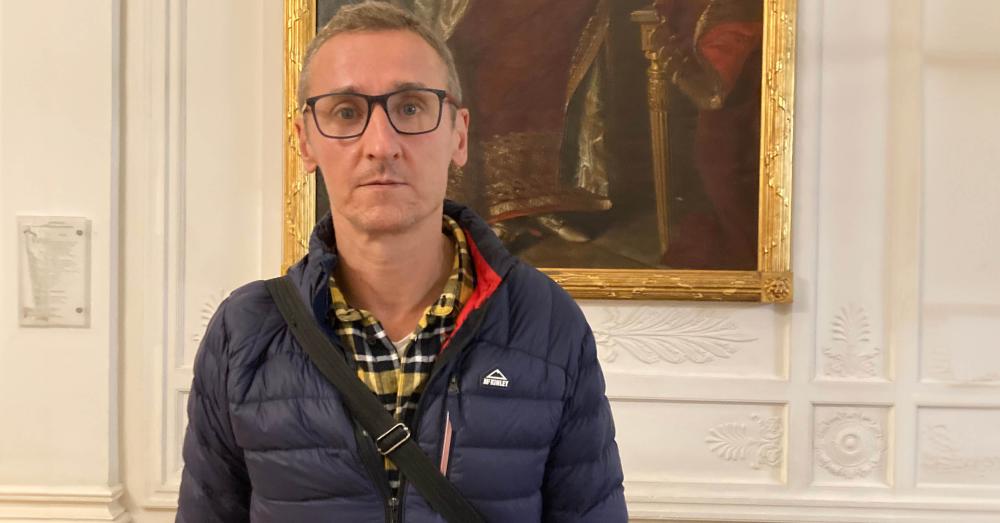
A VILÁGIRODALOM MINT HŐSKULTUSZ
Goethe és Thomas Carlyle
Goethe levelezése Thomas Carlyle-lal, két Wilhelm Meister-regénye fordítójával, a kultúrák közötti párbeszéd egyik lenyűgöző 19. századi példája. A fiatal skót gondolko- dó és német eszményképe közt 1824—1831-ben folyó levelezés adott alkalmat Goethe számára a „világirodalom” (Weltiliteratur) fogalmának egyik leghosszabb kifejtésére, s így alkotta meg Carlyle e fogalom angol megfelelőjét, a „World-Literature” kifejezést. Az előadásban azt szeretném bemutatni, hogy míg Goethe Carlyle-ban egy közelgő új korszak paradigmatikus képviselőjét, az elsősorban külföldi irodalmak iránt érdeklődő fordító/kritikus figuráját ismerte fel, addig Carlyle viszont hozzáigazította a világirodalom fogalmát a maga erkölcs- és társadalomfilozófiájának központi üzenetéhez, vagyis a tekintélynek való készséges alárendelődés eszményéhez. Ezzel megelőlegezte a hős alakjáról később kialakított felfogását, amelyet egészében A hősökről, a hős- kultuszról és a hősiességről a történelemben című 1841-es előadásgyűjteményében fejtett ki. Carlyle itt olyan társadalmi átalakulást irányzott elő, amelyben a „készpénzviszony” hamis egyenlőségét az erkölcsi kiválóság egyenlőtlenségén alapuló, tekintély- elvű hierarchia váltja fel. Ennek jegyében fogta fel a világirodalmat olyan fórumként, ahol tanítványaik dicsőítik a transznacionális költő-hősöket.
WORLD-LITERATURE AS HERO-WORSHIP
Goethe meets Thomas Carlyle
Goethe’s correspondence with Thomas Carlyle, the translator of his Wilhelm Meister- novels, is one of the most fascinating examples of cross-cultural communication in the 19th century. The young Scot and his German idol exchanged letters between 1824 and 1831. These letters gave occasion to some of Goethe’s lengthiest elaborations on his cherished concept of Weltliteratur as well as to Carlyle’s coining of the English equivalent of Goethe’s term, “World-Literature”. In the paper I argue that whereas Goethe recognized in Carlyle the paradigmatic agent of an approaching new era, the translator/critic devoted to foreign literatures, Carlyle in turn assimilated Goethe’s notion to the central message of his moral and social philosophy, that is, the willing subordination to true masters. In doing so, he anticipated his later ideals of heroism, expounded most fully in his 1841 collection of lectures On Heroes, Hero-Worship and the Heroic in History. As much as Carlyle wished to see a social transformation that replaced the false equality of the “nexus of cash payments” with an authoritarian hierarchy based on the inequality of moral worth, he envisioned world literature as a site where disciples congregated to praise transnational poet-heroes.